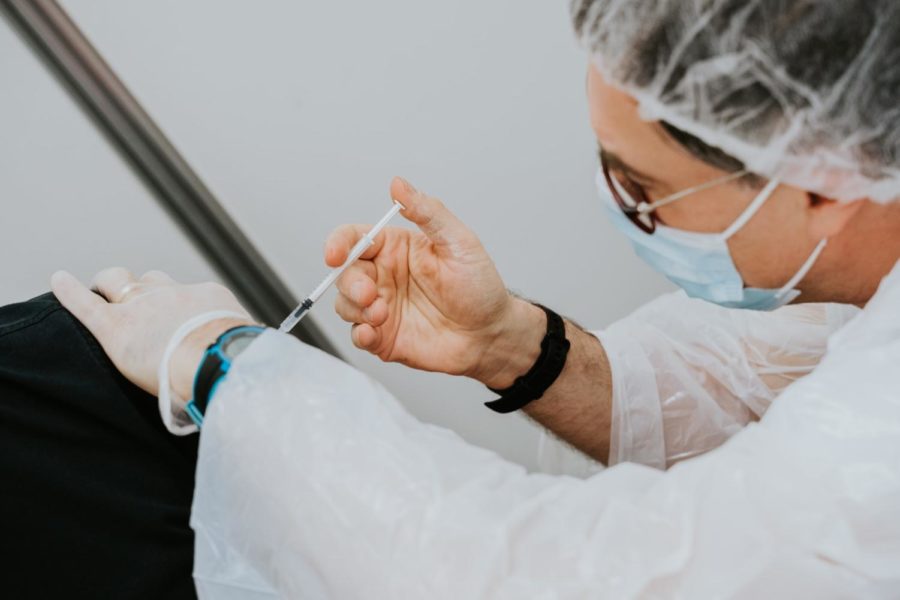Tibbs: The best vaccine news we’ve heard all week
Opinion editor Ashley Tibbs discusses some of the best news this week: a vaccine to fight the deadly effect of malaria in children.
October 10, 2021
A historic achievement in the fight against malaria could save tens of thousands of children every year.
On Oct. 6, the World Health Organization recommended the first effective vaccine for malaria, called RTS,S, be given to children across sub-Saharan Africa and other regions with high levels of malaria.
RTS,S, also known as Mosquirix, helps strengthen children’s immune systems against the deadliest and most common malaria pathogen on the African continent: Plasmodium falciparum.
This is incredible news. While it’s certainly not going to eliminate malaria, this vaccine can save thousands of children every year.
The majority of malaria deaths come from only six countries in sub-Saharan Africa, a region that has close to 94 percent of all malaria cases globally. The majority of malaria deaths are also in children.
Of the estimated 409,000 deaths from malaria in 2019, 247,000 were children. That’s 67 percent of all malaria deaths worldwide. Children under five are disproportionately at risk for malaria, and that’s why this vaccine news is so important.
There are going to be obstacles. The vaccine itself has only moderate efficacy; studies suggest it can prevent about 30 percent of childhood cases of malaria after four injections. Moderate efficacy for a disease that kills hundreds of thousands of children a year is nothing to scoff at, however.
A series of four injections for children under five will pose serious logistical problems in regions where vaccine delivery is already an issue.
Not only will this be an issue in regions with moderate to high transmission rates, but health officials and governments will also need to find a way to deliver the vaccine to children in conflict-ridden zones where malaria is endemic.
The vaccine manufacturer, London-based pharmaceutical company GlaxoSmithKline (GSK), has pledged to make 15 million doses available annually (reportedly just above the cost of production). According to Nature, however, more than 100 million doses will be needed annually to vaccinate all children in high transmission countries.
At an estimated cost of $5 per dose (a bit less than the cost of COVID-19 vaccines in some countries), the hardest-hit countries will find it difficult to foot the bill without sacrificing other important antimalarial controls.
It’s also not clear how soon, exactly, the vaccine will be widely available.
Still, this is news worth celebrating. This is a historic milestone 130 years in the making, and the researchers who helped develop the vaccine have much to be proud about.
This is a massive scientific breakthrough that should be as celebrated as the development of the COVID-19 vaccine was. While RTS,S took 29 more years to develop than the COVID-19 vaccine, it’s just as important to the public health of nations where malaria has killed tens of thousands of people every year.
COVID-19 has devastated countries across the world, and resistance to some important antimalarial drugs was confirmed in September.
This incredible news could not have come at a better time, and we can only hope that the malaria vaccine soon reaches the most important people: the children.

















